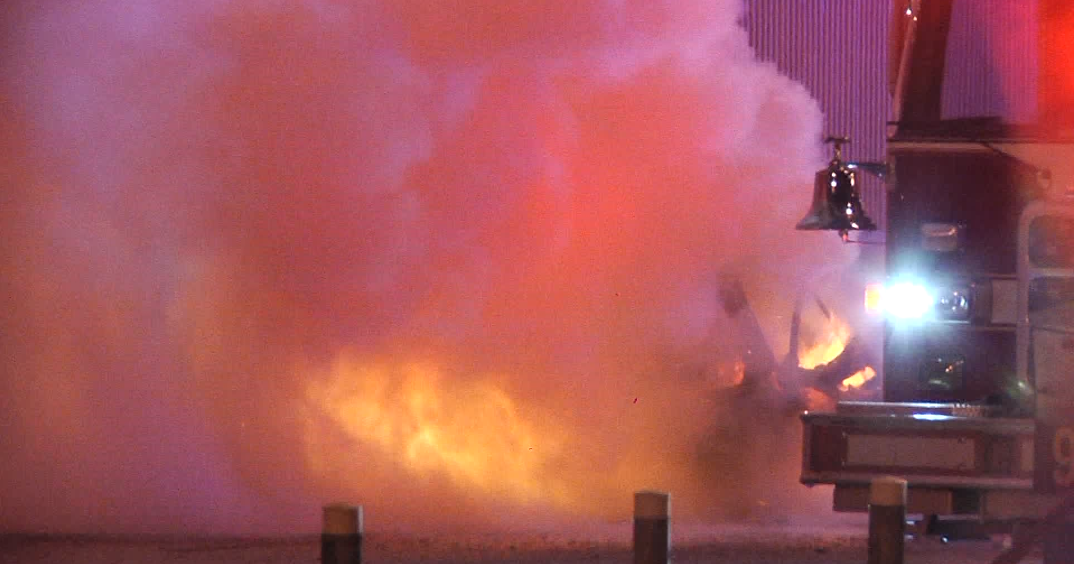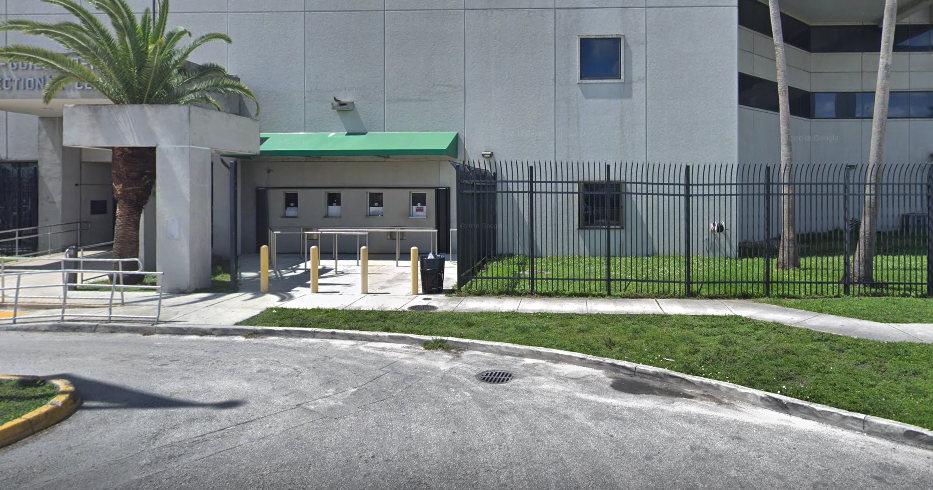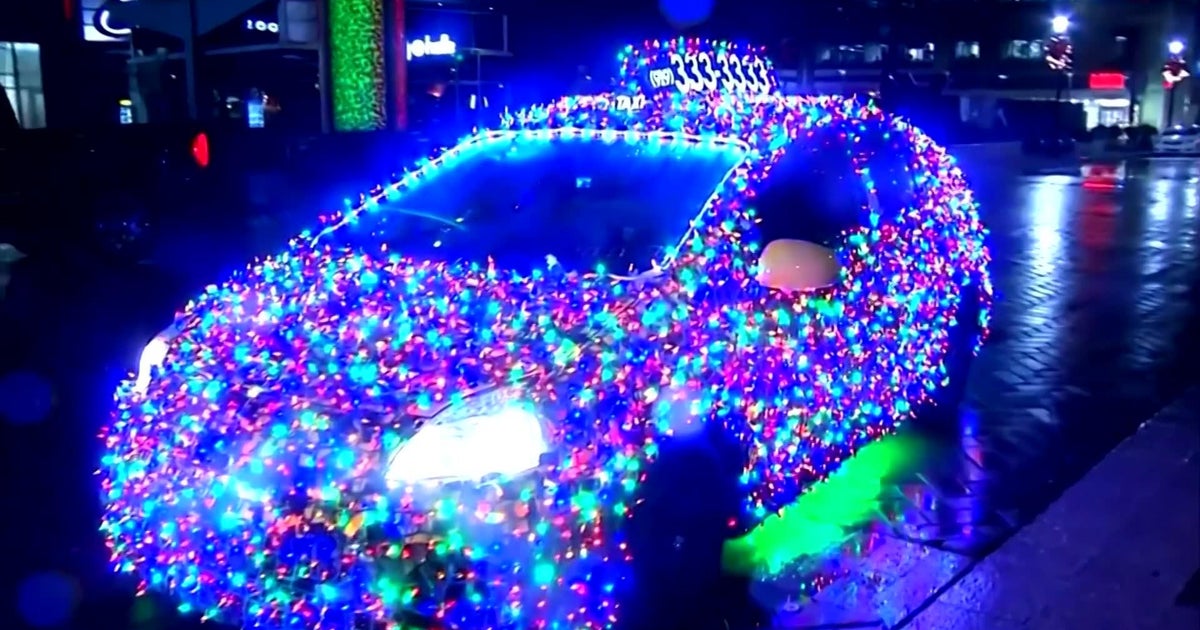Hundreds of Nicaraguan Americans in Miami raise awareness of Ortega's "dangerous" regime
SWEETWATER — Nicaraguan Americans are trying to raise awareness of what they call "the danger of the Nicaraguan government to the United States." On Sunday, hundreds marched across Miami-Dade County supporting those who dared to protest against Nicaraguan President Daniel Ortega six years ago.
This "danger" that demonstrators mentioned ranged from facilitating migration to the United States to close ties with Iran and Russia.
"These kinds of events allow us to do just that," said Nicaraguan activist Jonathan Duarte. "Ortega continues to try to erase the crimes that he committed in 2018."
On April 18, 2018, Nicaraguans went to the streets of their homeland to protest an increase in workers' contribution to the country's social security program. However, Ortega announced elderly people would receive less on their pension because the entity was running out of funds. In 2007, when he inherited the system, there was a surplus.
Human Rights Watch has received credible accounts that Nicaraguan police officers used excessive force to shut down demonstrations all over the country.
At least 355 people were murdered from April 2018 to just six months ago, according to the Inter-American Commission on Human Rights (IACHR), although Nicaraguan organizations raised the figure to 684.
University students demanded Ortega to resign; however, he has yet to leave office.
Yubrank Suanzo, now exiled, was one of the dozens who became a political prisoner in defiance of Ortega.
"Prison and exile have not been able to silence us," he said in Spanish.
Having been in jail or exiled has not stop Nicaraguans like Suanzo from denouncing the repression of Ortega's regime.
The march began following Sunday mass at St. Agatha Catholic Church, where Reverend Marcos Somarriba said the Catholic Church is now paying a price for raising its voice against Ortega's government.
"How many Catholic priests have been expelled from Nicaragua?" asked CBS News Miami's Ivan Taylor.
"More than 100," Somarriba answered. "Because they talk for the young people, [and] the people of Nicaragua."
Felix Maradiaga was another one of Ortega's political prisoners. His crime: challenging the current regime for the presidency. He and seven other candidates were locked away until the U.S. intervened. Maradiaga said his message today is more about the present era.
"Ortega is no longer a local problem — he is a problem for regional security," he said. "His close ties with Iran, Russia, China [are] actually putting in jeopardy the safety of the region."
Maradiaga also said Ortega started to weaponize immigration regulations to dig at the Biden administration for sanctions imposed to his government.
"Ortega is using the Nicaraguan territory to sponsor undocumented migrants from Haiti and parts of Africa," he added.
Critics of Ortega said he eliminated visa restrictions for Cubans in November 2021. His government released many regulations for other countries, including Haiti, Venezuela, and eventually, several Asian and African nations. As a result, Nicaragua became a springboard for migrants to continue their journey to the U.S.-Mexico border.
In Little Havana, dozens of Nicaraguans marched in front of the Nicaraguan Consulate with the goal of getting their message heard by Ortega's government. Ortega has been in power for five consecutive terms and his vice president Rosario Murillo declared April as the "month of peace." The two allege that Nicaragua survived a U.S.-sponsored coup.
CBS News Miami reached out to the Nicaraguan Consulate for further comment and yet no one has responded.



